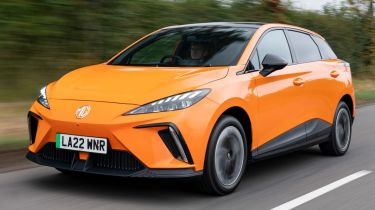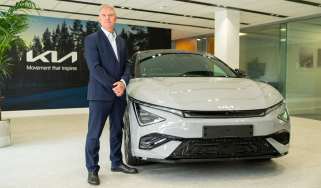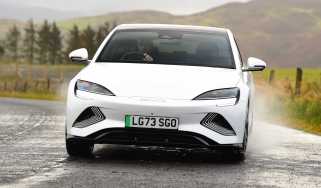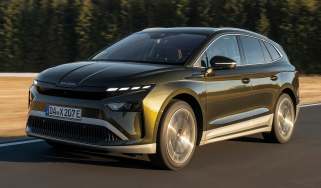1 in 5 new cars sold globally is a Chinese EV but Europe’s electric car appetite is questioned
New data shows that EV market share in Europe fell by 0.3 per cent in the first half of this year, despite the car market heading towards pre-pandemic levels

European demand for electric cars appears to be waning. While total sales of new cars continue to rise towards pre-pandemic levels, the EV slice of the pie actually reduced in the first half of 2024.
New data from automotive analytics firm JATO Dynamics shows how the number of new car registrations grew by 4.4 per cent from 6.56 million units in the first half of 2023 to 6.85 million in the same period in 2024.
However, while this means the number of EVs sold has increased by two per cent to a total of 949,981 units, the market share of electric cars has dipped by 0.3 per cent to 13.9 per cent. While we are yet to see such dips for the UK market specifically, data from the Society of Motor Manufacturers and Traders shows that the share of EVs in the UK only grew by 0.5 per cent to 16.7 per cent in the first half of this year.
One in five new cars worldwide is a chinese EV
As for the rest of the world, JATO now says one in five new cars is a Chinese EV, a stark contrast to Europe where models hailing from China only account for 17 per cent of the number of electric cars sold, and only one per cent of all new registrations – excluding those from American brand Tesla, which has a gigafactory in Shanghai.
Felipe Munoz, Global Analyst at JATO, said the “moderate” growth in the European car market is a result of “more complex operating environment, including emissions regulations, increasing prices of vehicles, and barriers facing the adoption of electric cars”.
“It’s vital that over the next 6 months, the industry does all it can to dispel uncertainty surrounding the EV market,” Munroz continued, “including how EU tariffs on imported electric cars from China will impact the affordability of these vehicles”.
At the time of writing, the EU remains in talks with China over its controversial new tariffs. They came into effect earlier in July and impose additional duty charges that can be as high 38 per cent on all electric models imported from China in an effort to counteract “unfair subsidisation” by Beijing.
While the UK government is yet to announce its policy on this issue, Professor of Business and Sustainability at Cardiff University, Peter Wells, previously told Auto Express that the nation is in a “vulnerable position on this issue [post-Brexit]” and that the additional costs from the tariffs “would [ultimately] be passed onto consumers”.
Now read more about the UK’s top 10 best-selling cars...
Find a car with the experts








